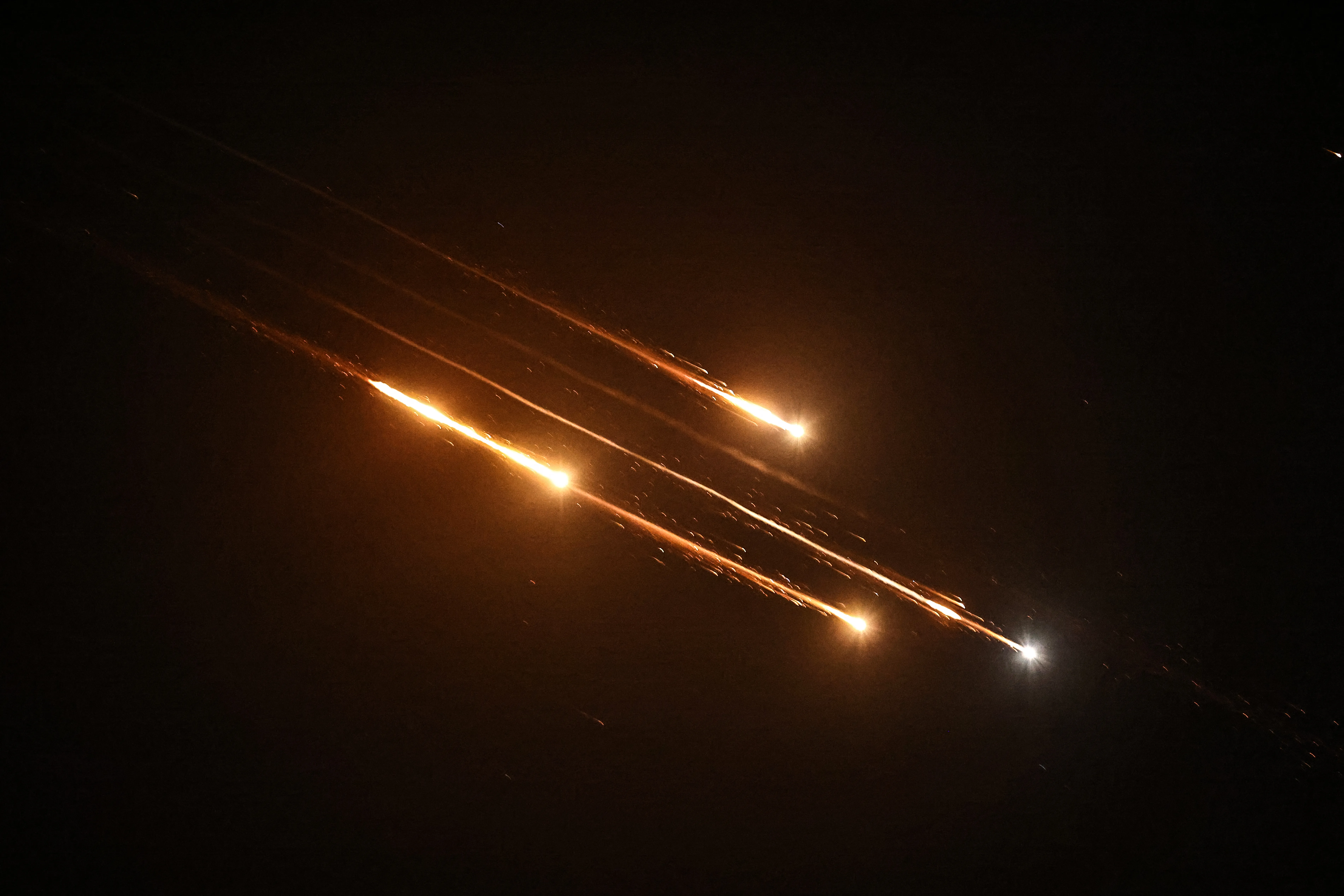Tel Aviv | Jerusalem | Tehran – A dramatic escalation in Middle Eastern hostilities has unfolded, with Israel and Iran launching direct attacks on each other in a confrontation that has shattered long-standing regional red lines.
Explosions echoed through Jerusalem, Tel Aviv, and Tehran on Saturday night as missiles lit up the skies in both countries. The clash comes in the wake of Israeli airstrikes that targeted Iran’s nuclear infrastructure earlier this week, a move that Tehran swiftly vowed to answer.

What began as a precision strike by Israel has spiraled into one of the most dangerous flashpoints in years.
A Tipping Point in a Long-Brewing Conflict
Israel’s military confirmed it carried out a high-risk operation earlier this week targeting key Iranian nuclear sites, reportedly causing severe damage to facilities in Natanz, Isfahan, and Fordow. Dozens of Iranian military personnel and nuclear scientists are believed to have died in the attacks. Israeli officials claimed the action was a necessary step to delay Iran’s nuclear ambitions.
But retaliation was swift.

Iran launched a barrage of missiles in response, many aimed at central Israel. Air raid sirens wailed across cities, and civilians scrambled for cover in bomb shelters. Missiles struck parts of Tel Aviv, Ramat Gan, and other population centers, killing at least three civilians and injuring dozens more.
In Tehran, explosions near the Mehrabad Airport caused widespread panic. Fires broke out in parts of the capital, and military officials activated defensive systems as fears of further Israeli strikes loomed.
‘We’ve Crossed Into Open War’
Israel’s defense minister issued a blunt warning in the early hours of Sunday morning, saying, “If Iranian missiles continue to rain down on our people, Tehran will burn.” His words reflect a growing consensus in the Israeli cabinet that the conflict may now be impossible to contain through diplomatic channels alone.
Iran, in turn, has warned that if foreign powers such as the United States, United Kingdom, or France intervene to protect Israel, it will expand its retaliation to include military bases and naval assets tied to those nations across the region.

Already, the Houthi rebels in Yemen, widely viewed as an Iranian proxy, have launched missiles toward Israeli territory in solidarity with Tehran.
Civilians Caught in the Crossfire
The human cost is mounting. Entire neighborhoods in central Israel have been reduced to rubble, with families forced to flee their homes. In Iran, air traffic was suspended and streets in Tehran were largely deserted as residents braced for potential follow-up strikes.
Hospitals in both countries are reporting a sharp rise in trauma cases, many involving children.

International Fallout and Regional Shockwaves
The ripple effects have already begun:
- Airspace closures: Lebanon, Syria, and Jordan temporarily closed their airspace. Israel shut down Ben Gurion Airport during the missile wave.
- Global diplomacy stalls: A planned United Nations summit focused on Middle East peace has been postponed. Talks on nuclear de-escalation between Iran and Western powers, scheduled to take place in Muscat, have reportedly collapsed.
- Financial instability: Oil prices surged more than 10% overnight, while global markets reacted nervously to the rising threat of a broader regional war.
What Comes Next?
There’s now a growing sense that the situation has entered uncharted territory. For years, Israel and Iran have fought a shadow war through proxies and covert strikes. This week, however, that war became open and direct.
With both sides refusing to back down, the international community is scrambling to prevent an all-out regional conflict—one that could draw in global powers and cause untold devastation.
For now, cities across Israel and Iran remain on high alert. Civilians live hour-to-hour, not knowing when—or where—the next missile might fall.



